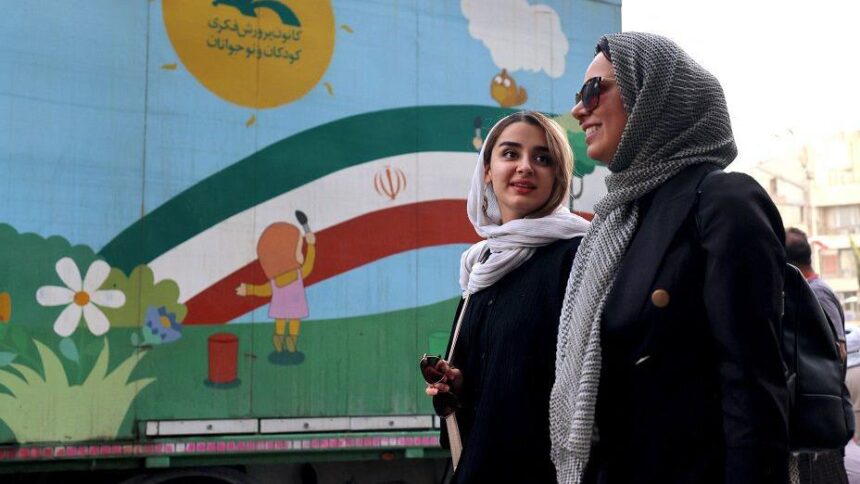Introduction: Iran Ceasefire Reaction Filled With Distrust and Weariness
The fragile ceasefire between Iran and Israel, announced after 12 days of deadly strikes, has triggered a wave of emotional exhaustion, distrust, and fear among ordinary Iranians. While the international community welcomed the truce, inside Iran, many civilians are wary—questioning its sincerity and fearing a fresh wave of repression by the regime.
According to The Morning News Informer, voices from Tehran and other regions reveal a country psychologically drained by conflict, sanctions, and authoritarian governance.
“We Are Exhausted”: The Voice of the Iranian People
Sirous, whose name has been changed for safety, told the BBC, “Ordinary people suffered the most. I believe the whole war was orchestrated… Israel and the US hit military sites, Iran retaliated, and both sides walked away satisfied. But we are left with the cost.”
This sentiment of disillusionment is echoed widely. Minoo, also using a pseudonym, expressed greater fear of internal repression than foreign conflict Iran ceasefire reaction. “We don’t want war, we don’t want sanctions, and we don’t even want a ceasefire. We just want peace,” she said. “What scares me more than war is the humiliated Islamic Republic. Now they’ll turn against their own people.”
Death Toll and Psychological Aftermath
Iran’s Health Ministry reported 606 deaths during the conflict, though independent observers believe the real number could be far higher. The psychological impact is equally devastating. Continuous economic strain, international isolation, and now a deadly war have eroded public trust in any form of relief.
Mehdi, another Tehran resident, fears the regime’s priorities. “They’ll rebuild nuclear and military capacity long before investing in infrastructure. They exploit the dead to silence us,” he said. “They may offer temporary freedoms, but it won’t last.”
Ceasefire Under Immediate Strain
The ceasefire, announced by Donald Trump and confirmed on Tuesday morning, quickly faced its first major challenge. Explosions were reported in Iran’s Mazandaran province, and both Iran and Israel accused each other of violations.
Israel claimed to have intercepted Iranian missiles and responded by striking a radar site before halting further escalation. This temporary restraint followed a phone call between Israeli Prime Minister Benjamin Netanyahu and Trump, indicating coordinated efforts behind the ceasefire.
Voices of Skepticism: “This Ceasefire Will Collapse”
“I didn’t believe it from the start,” said Sara, speaking under a pseudonym. Arman added, “Israel hasn’t achieved its goals. This will collapse.”
Perhaps the most defiant tone came from Kian: “This truce is a trap. It’s not the end—it’s the beginning of the end for the regime. They don’t stand a chance.”
These testimonies underscore a recurring theme: a fundamental distrust in both foreign powers and domestic leadership. The ceasefire, in the eyes of many Iranians, is merely a pause—one that may precede something far worse Iran ceasefire reaction.
Conclusion: A Nation Waiting for Peace, Not Pause
The Iranian ceasefire reaction highlights a deep national exhaustion, rooted not only in the trauma of war but in the relentless cycle of repression, sanctions, and uncertainty. Iranians yearn for peace—but not the kind negotiated over missiles and military bases. They want stability, dignity, and the freedom to live in their homeland without fear.
As international focus shifts to post-ceasefire diplomacy, the voices of Iran’s people remain the most urgent to hear. Their resilience persists, but so does their cry for lasting change. For continued coverage, visit the World News section of The Morning News Informer.


